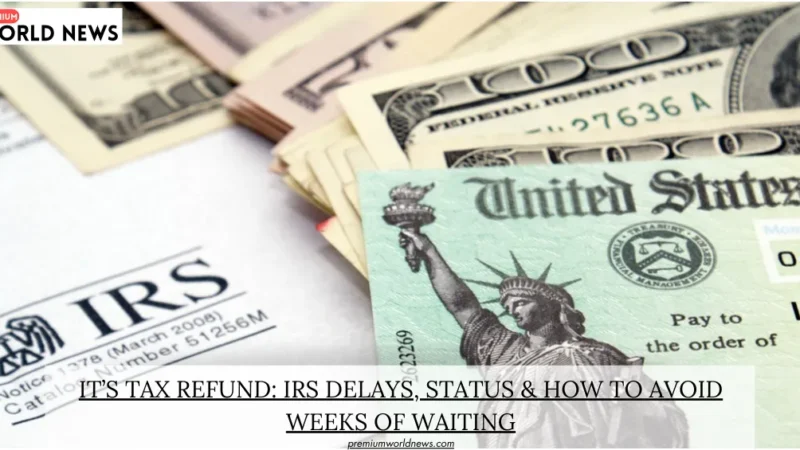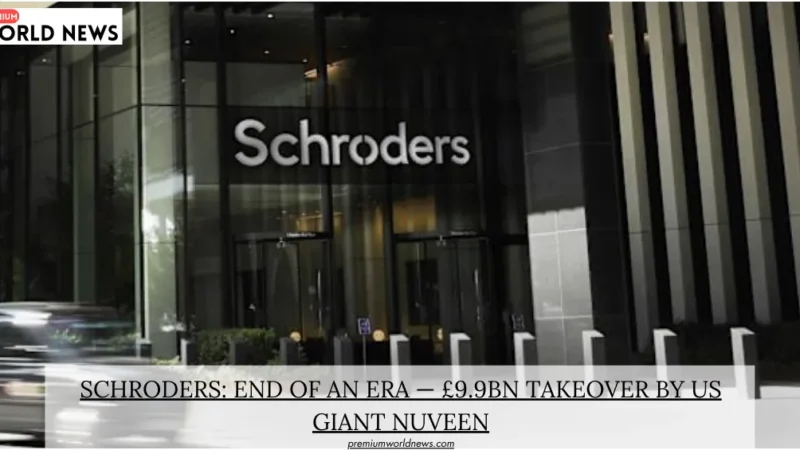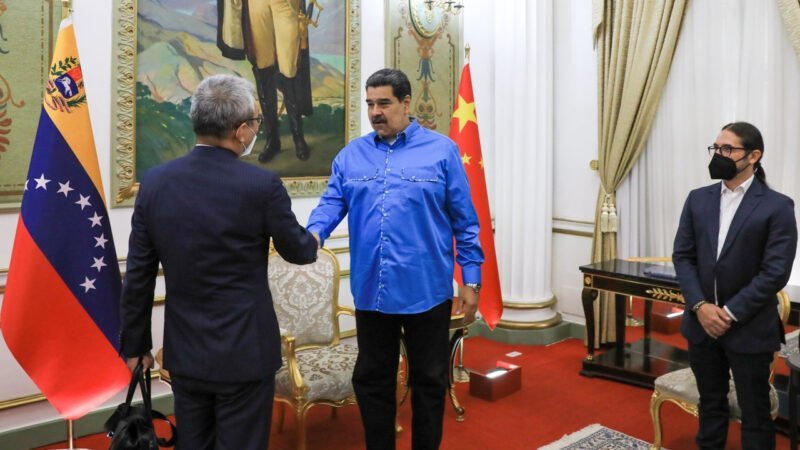In addition to leaving office, Boris Johnson also resigns as leader of the Conservative Party, due to the avalanche of resignations of ministers from his executive team.
Boris Johnson announced his resignation as Prime Minister of the United Kingdom, after multiple resignations of the ministers of his Cabinet and calls to leave office.
Johnson, who will continue to lead the Executive until the ‘Tories’ elect a new leader, indicated that he is also resigning from his position as leader of the Conservative Party, reported the Actualidad.rt.com portal this Thursday.
The leader also reported that he contacted Graham Brady, head of the Conservative Committee of Private Members, the so-called 1922 Committee, a body of the conservative caucus that promoted the motion of censure against the president in June. Both agreed that the process of choosing the new “premier” should begin immediately. Thus, the calendar of the process will be announced next week.
Next, the now interim head of government listed the achievements of his Executive, such as the completion of the Brexit process, the normalization of relations with the European Union, the country’s fight against the coronavirus and the arms support for Ukraine in the context of the current conflict with Russia.
“The reason why I have fought so hard in the last few days to continue fulfilling this mandate in person was not only because I wanted to do it, but because I felt it was my job, my duty, my obligation to you,” he remarked. Addressing the public, Johnson said that he knows that “there will be many who are relieved and maybe quite a few people who will also be disappointed.” “And I want you to know how sad I am to be leaving the best job in the world,” he added.
For her part, the Secretary of Foreign Affairs, Liz Truss, reacted to the announcement by calling Johnson’s decision “correct” and pointing out that the Executive now needs “calm and unity” to “continue governing while looking for a new leader”.
Resignation of Ministers
The resignation of Johnson’s ministers began this Tuesday with the resignation of the Chancellor of the Treasury, Rishi Sunak, and the Secretary of Health, Sajid Javid. In all, more than 50 Conservative officials have left their posts.
Among the senior officials who urged Johnson to leave office was Nadhim Zahawi, the new UK Chancellor of the Exchequer. “Yesterday I made it clear to the prime minister… that there was only one direction this was going, and that he had to go with dignity,” the official said. “PM: This is not sustainable and will only get worse – for you, for the Conservative Party and most of all for the country. You must do the right thing and leave now,” Zahawi wrote on his Twitter account.
The latest controversy surrounding Johnson emerged last week, when it emerged that Chris Pincher, a member of the Conservative Party in the House of Commons and the party’s second in charge of discipline, harassed two men in a public place while he was in a state of intoxication. As a result, Pincher resigned his position and was suspended from the match.
Since then, it has been revealed that Johnson appointed Pincher to high-ranking party and executive positions despite the fact that he was aware of allegations of other sexual misconduct cases involving the MP.
The crisis in the Government comes a month after the ‘Tories’ submitted Johnson to a vote of confidence. Although the president had 211 votes of support and kept the position, 148 conservative parliamentarians expressed their distrust, which represents more than 40% of the group.
The motion of censure materialized after the publication of a report in which the details of the scandal called ‘Partygate’ were investigated, related to the celebration of several parties at the headquarters of the Chief Executive at number 10 Downing Street in the middle of the first and second national confinement due to the covid-19 pandemic. The events were held at a time when health regulations prohibited social gatherings in the country.
Meanwhile, a survey published on July 6 by the YouGov company reflects that the latest scandal related to Pincher made 69% of Britons want Johnson to resign, the highest figure recorded since January, when the percentage rose to 63%. in the middle of the coming to light of the details of the ‘Partygate’.
In addition, 54% of those who voted for the ‘Tories’ in the 2019 elections also want to see the Chief Executive out of Downing Street, the first time that this rate is higher than the percentage of Conservative voters who they still support Johnson (33%). This fact stands out especially, since in the June poll the majority of these showed their support for the president.












